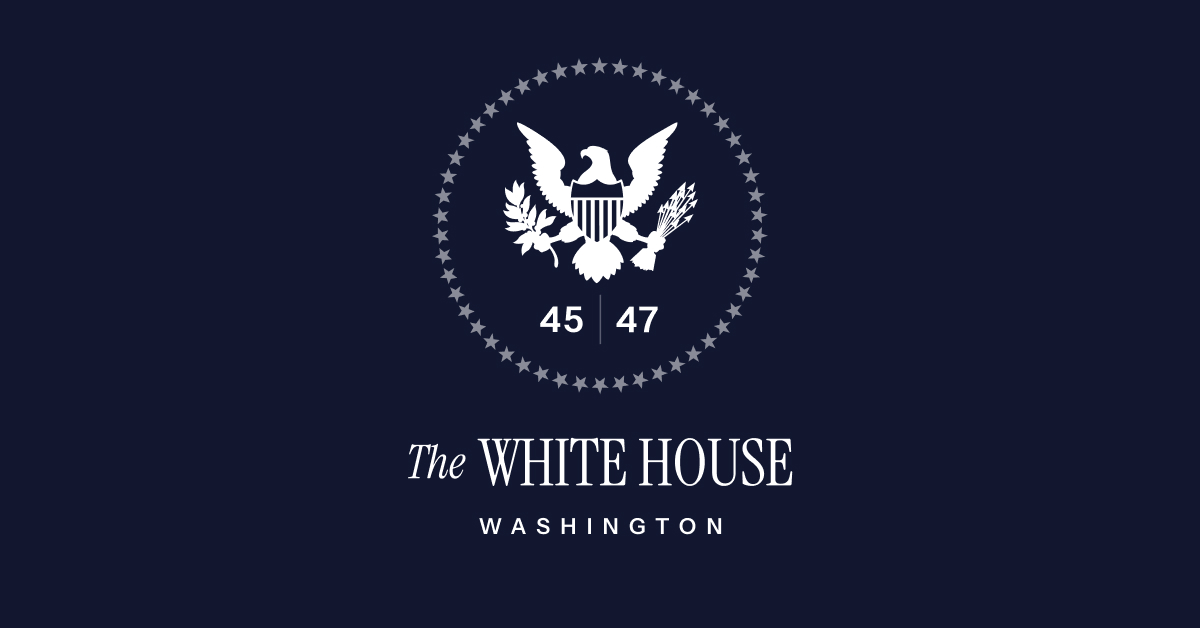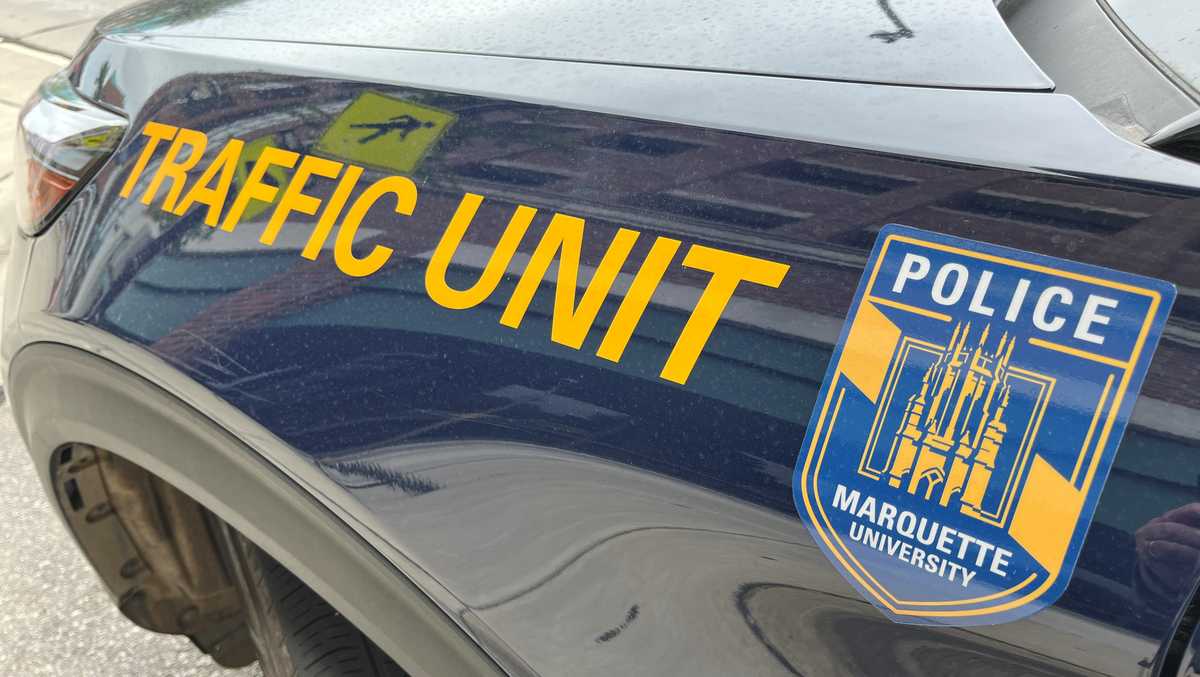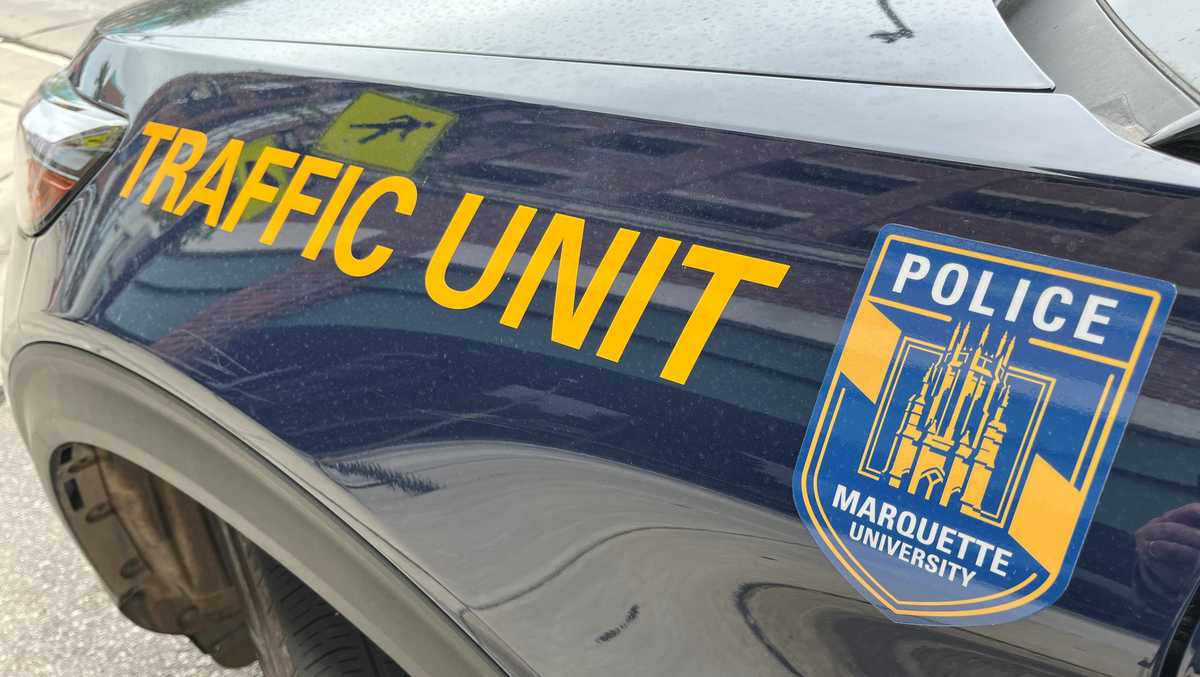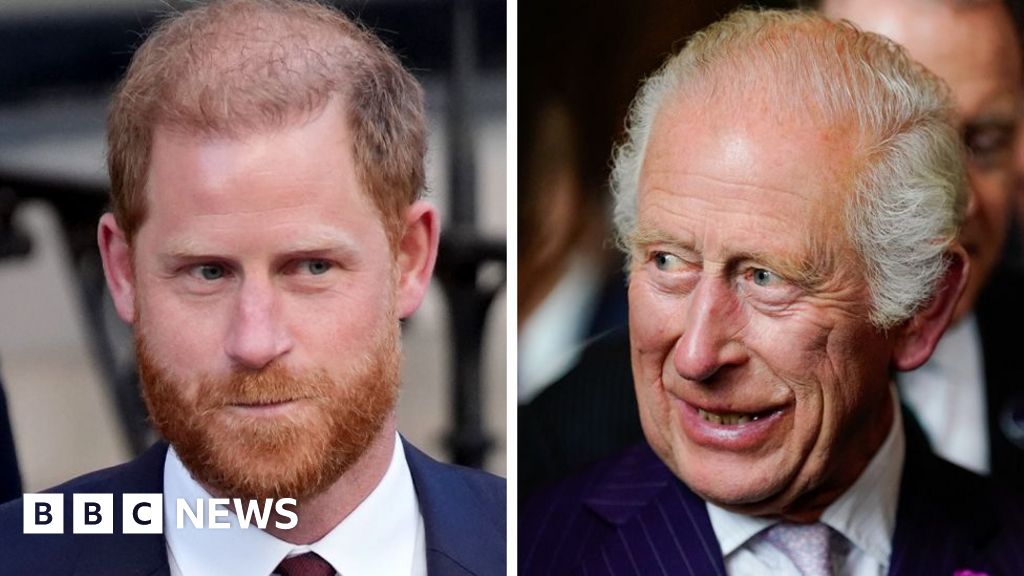The Legality Of Flag Burning: Prosecuting Cases In The United States

Welcome to your ultimate source for breaking news, trending updates, and in-depth stories from around the world. Whether it's politics, technology, entertainment, sports, or lifestyle, we bring you real-time updates that keep you informed and ahead of the curve.
Our team works tirelessly to ensure you never miss a moment. From the latest developments in global events to the most talked-about topics on social media, our news platform is designed to deliver accurate and timely information, all in one place.
Stay in the know and join thousands of readers who trust us for reliable, up-to-date content. Explore our expertly curated articles and dive deeper into the stories that matter to you. Visit Best Website now and be part of the conversation. Don't miss out on the headlines that shape our world!
Table of Contents
The Legality of Flag Burning: Prosecuting Cases in the United States
The sight of a burning American flag often evokes strong emotional responses. For many, it's a deeply offensive act, a symbol of disrespect towards the nation and its veterans. However, the legality of flag burning in the United States is a complex issue, settled – albeit controversially – by the Supreme Court. This article delves into the legal landscape surrounding flag burning, examining the challenges prosecutors face when attempting to bring cases to trial.
A First Amendment Right: Texas v. Johnson
The landmark Supreme Court case Texas v. Johnson (1989) established flag burning as a form of protected speech under the First Amendment's guarantee of freedom of expression. This ruling overturned Johnson's conviction for burning an American flag at the 1984 Republican National Convention in Dallas. The Court held that the act, while offensive to many, constituted expressive conduct conveying a political message and was therefore protected symbolic speech.
This decision didn't settle the matter entirely. Numerous attempts have been made at the state and federal levels to legislate against flag burning, often fueled by public outcry and a desire to protect national symbols. However, these attempts have consistently faced legal hurdles due to the Texas v. Johnson precedent.
Challenges in Prosecuting Flag Burning Cases
Even before the Texas v. Johnson ruling, successfully prosecuting flag burning cases presented significant challenges:
- Proving Intent: Prosecutors must prove the defendant intentionally burned the flag to communicate a specific message, demonstrating it was an act of expression rather than simple vandalism or destruction of property. This requires meticulous investigation and evidence gathering.
- Defining "Desecration": Defining what constitutes "desecration" of the flag is subjective and open to interpretation. A simple burning might be deemed protected speech, while other actions involving the flag might cross the line into criminal behavior.
- Overcoming First Amendment Protections: The primary obstacle is the First Amendment itself. Any law attempting to criminalize flag burning faces a high bar, needing to demonstrate a compelling government interest that outweighs the fundamental right to free speech.
State-Level Attempts and Their Limitations
Despite the Supreme Court's ruling, several states have attempted to circumvent Texas v. Johnson through alternative legal strategies. These often involve focusing on charges unrelated to the act of burning itself, such as trespassing or property damage if the flag was not the defendant's own. However, these attempts often prove insufficient, as courts tend to recognize the underlying act of flag burning as the primary motivation.
Public Opinion and the Ongoing Debate
The debate surrounding flag burning remains highly charged. While many Americans find the act deeply offensive, the legal protection afforded under the First Amendment continues to be upheld. This highlights the ongoing tension between protecting free speech, even when offensive, and upholding national symbols. The legal precedent set by Texas v. Johnson remains a cornerstone of free speech jurisprudence in the United States, shaping the limits of government power to regulate expressive conduct.
Conclusion: A Complex Balancing Act
The legality of flag burning in the United States is a delicate balance between protecting fundamental rights and addressing public sentiment. While prosecutions are unlikely to succeed based solely on the act of burning the flag, prosecutors may explore alternative charges related to the circumstances surrounding the event. Understanding the legal precedent set in Texas v. Johnson is crucial to navigating this complex and often emotionally charged issue. The debate over flag burning continues to underscore the importance of balancing freedom of expression with societal norms and values.
Further Reading:
- [Link to Supreme Court ruling in Texas v. Johnson] (Replace with actual link)
- [Link to relevant legal articles on First Amendment rights] (Replace with actual link)
This article aims to provide factual information and does not endorse any particular viewpoint on the issue of flag burning.

Thank you for visiting our website, your trusted source for the latest updates and in-depth coverage on The Legality Of Flag Burning: Prosecuting Cases In The United States. We're committed to keeping you informed with timely and accurate information to meet your curiosity and needs.
If you have any questions, suggestions, or feedback, we'd love to hear from you. Your insights are valuable to us and help us improve to serve you better. Feel free to reach out through our contact page.
Don't forget to bookmark our website and check back regularly for the latest headlines and trending topics. See you next time, and thank you for being part of our growing community!
Featured Posts
-
 Thielens Release How It Affects Bryce Young And The Panthers Wideouts
Aug 30, 2025
Thielens Release How It Affects Bryce Young And The Panthers Wideouts
Aug 30, 2025 -
 Prince Williams Absence Casts Shadow On Harry And Charles Reconciliation
Aug 30, 2025
Prince Williams Absence Casts Shadow On Harry And Charles Reconciliation
Aug 30, 2025 -
 Marquette University Police Address Reckless Driving With New Safety Initiative
Aug 30, 2025
Marquette University Police Address Reckless Driving With New Safety Initiative
Aug 30, 2025 -
 Increased Traffic Safety Measures Implemented At Marquette University
Aug 30, 2025
Increased Traffic Safety Measures Implemented At Marquette University
Aug 30, 2025 -
 The Summer I Turned Pretty Season 3 Episode Guide Release Schedule
Aug 30, 2025
The Summer I Turned Pretty Season 3 Episode Guide Release Schedule
Aug 30, 2025
Latest Posts
-
 Buckeye Fans Live Tattoo A Wild Joel Klatt Show Moment
Aug 30, 2025
Buckeye Fans Live Tattoo A Wild Joel Klatt Show Moment
Aug 30, 2025 -
 T1 Keria Expresses Post Game Confidence After Dominant Hanwha Life Win
Aug 30, 2025
T1 Keria Expresses Post Game Confidence After Dominant Hanwha Life Win
Aug 30, 2025 -
 Royal Rift Deepens Harry Meets Charles William Skips Family Summit
Aug 30, 2025
Royal Rift Deepens Harry Meets Charles William Skips Family Summit
Aug 30, 2025 -
 Robert F Kennedy Jr And The Cdc The White House Weighs In
Aug 30, 2025
Robert F Kennedy Jr And The Cdc The White House Weighs In
Aug 30, 2025 -
 Prince Harrys Uk Return Will He And King Charles Finally Meet
Aug 30, 2025
Prince Harrys Uk Return Will He And King Charles Finally Meet
Aug 30, 2025
